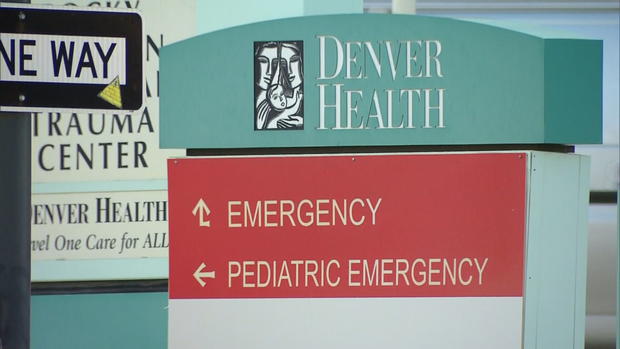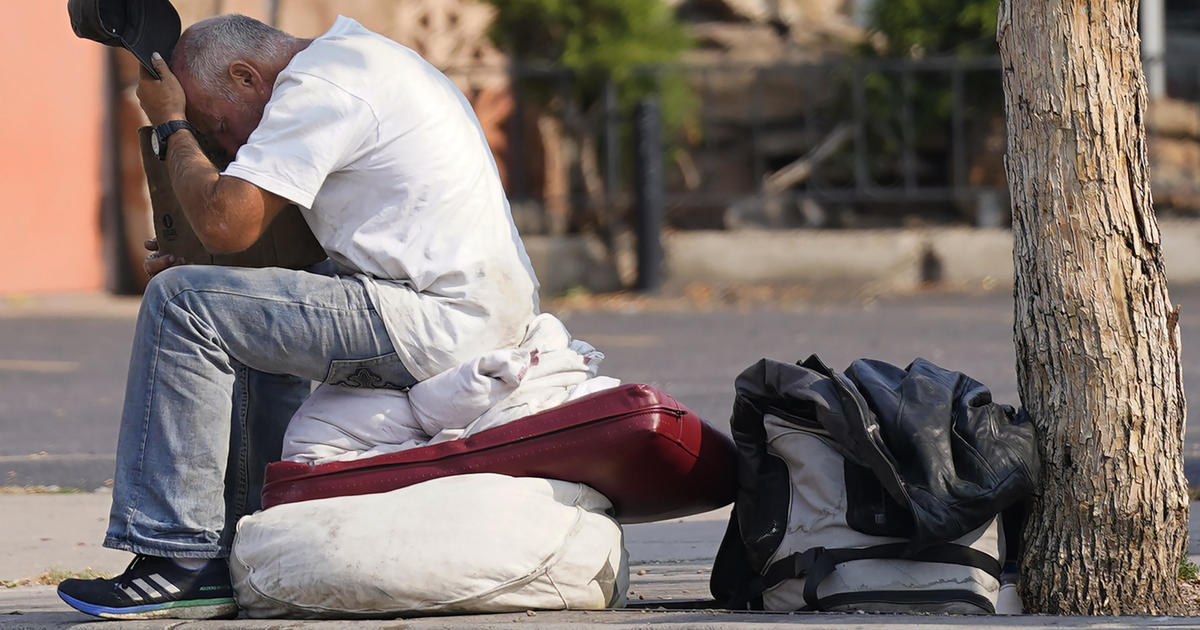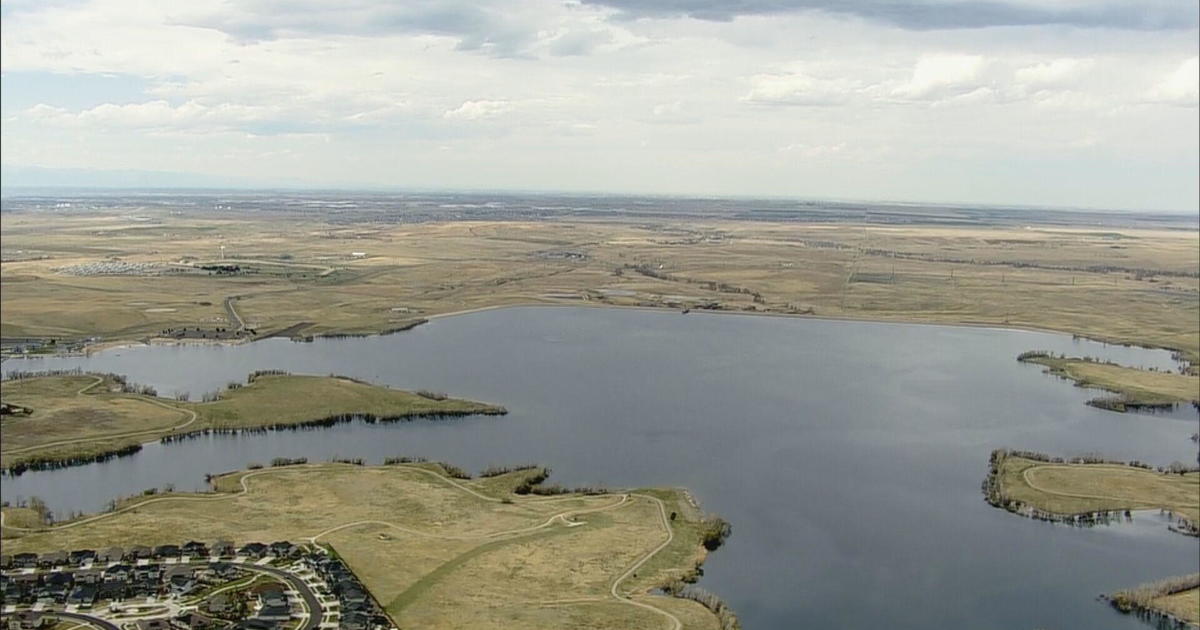Stress & Coronavirus: Denver Health Program Offers Support To Health Care Workers
DENVER (CBS4) - Doctors, nurses, and other health care workers are on the front lines of an unprecedented pandemic, but often, their own mental health is neglected so they can provide crucial care for patients. At Denver Health, a new program called RISE is offering help and counseling to all staff, volunteers, trainees, and even their families.
RISE stands for "Resiliency in Stressful Events." The program first started at the John's Hopkins Hospital in Baltimore, Maryland.
Denver Health implemented the program in January, after working with Johns Hopkins for more than a year and a half to customize the program and train staff members. Within weeks of implementation in Denver, the COVID-19 pandemic put the program to the test.
"There are morally distressing events every day in health care," said Dr. Jeremy Long , a RISE peer responder. "The psychic angst that COVID-19 adds to this is just more, so it really just accentuates the things that we are already touched by or impacted by."
According to RISE strategist, Maria Gonsalves Schimpf, the program started with a 24/7 hotline that offered peer support to all employees. After COVID-19, the program quickly accelerated its eventual growth by more than doubling staff, as well as adding virtual counseling, in-person counseling, and an in-person drop in center.
"Our communication about its availability was through word of mouth only, and 100 people came through the door the very first day," Gonsalves Schimpf said of the drop in center, which now sees more than 300 people per day.
As a peer responder, Dr. Long hears all of the things health care workers are concerned about right now, including fears of exposing themselves or their families to the virus and managing concerns from loved ones, as well as personal grief, guilt, and overwhelming stress.
"It's harder and harder to cope with some of the things we're already dealing with, and then we add in the element of fear of becoming infected, fear of taking it home to their family, to their small children, to their parents, you name it. The element of decontamination, alone, the act of putting on personal protective equipment every day when you arrive at work," said Dr. Long. "I think all of these are just weighing us down more and more and more, and we see this with the demand for RISE."
Dr. Long says responders are not always able to fix anything, but rather be active and present to help the person make sense of what they're dealing with. So far, the number of staff members seeking support continues to increase.
"We know that there will always be large numbers of people who need the support and don't access it, so the fact that we're seeing growth like that, and that number of people accessing resources, I think is a very positive thing," said Gonsalves Schimpf.
One concern right now is what happens after the pandemic. According to Gonsalves Schimpf, health care workers often prioritize their patients' needs before their own, and when times of crisis are over, those problems can resurface.
"The trauma of that is potentially extraordinary, in terms of long term consequences," said Gonsalves Schimpf. "We really need to be sure we're understanding the needs, continually assessing the needs of our staff, and showing up for them."
Schimpf and other RISE leaders have looked to what happened in China when the large spike in cases and hospitalizations started to decline. She tells CBS4 it's reasonable to anticipate depression, anxiety, and distress among health care workers when things slow down here, but the goal is to break the stigma of reaching out for help now.
"One of the legacies of COVID-19 is that it's going to help us discover opportunity amidst adversity," said Dr. Long. "I think this is one of our great opportunities, is how we rewrite some of how we restore and replenish what we do when we are drained by our work."
On Monday, RISE will launch a new branch of the program called RISE for Kids. Directed at the children of staff members, it will offer a place to voice concerns and receive education. Participating parents will also be instructed on how to guide their children through these uncertain times.
If you are part of the Denver Health team and want to take advantage of the RISE program, you can find more information on the Denver Health Pulse subsite, or email dhrise@dhha.org.
RELATED: Latest Updates On The Coronavirus Outbreak In Colorado




